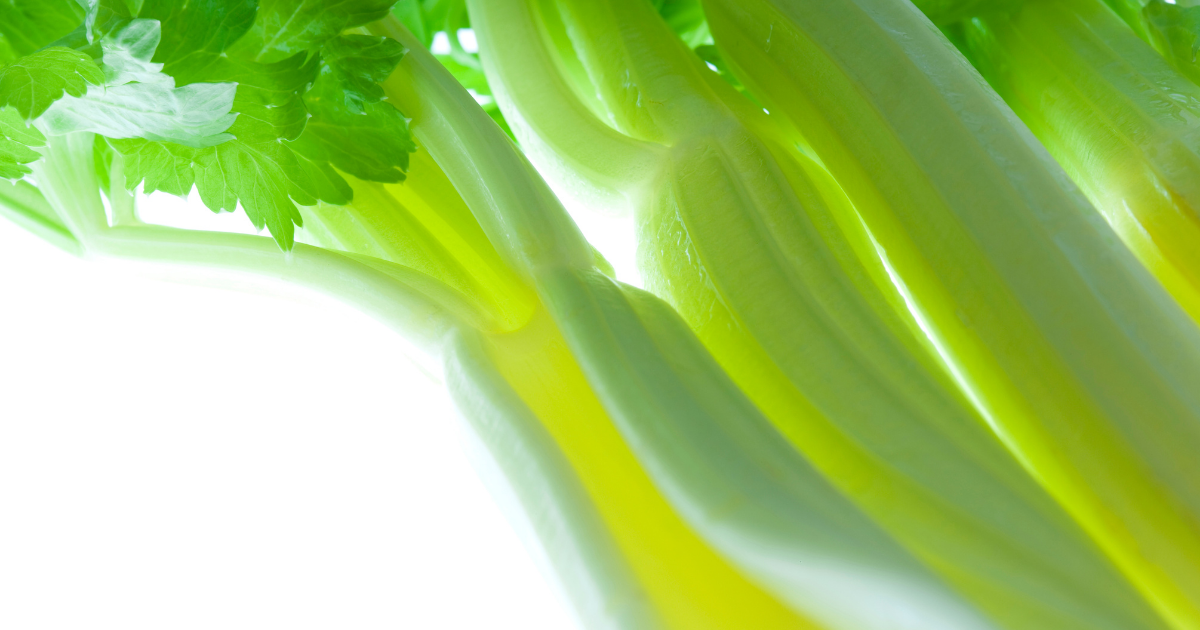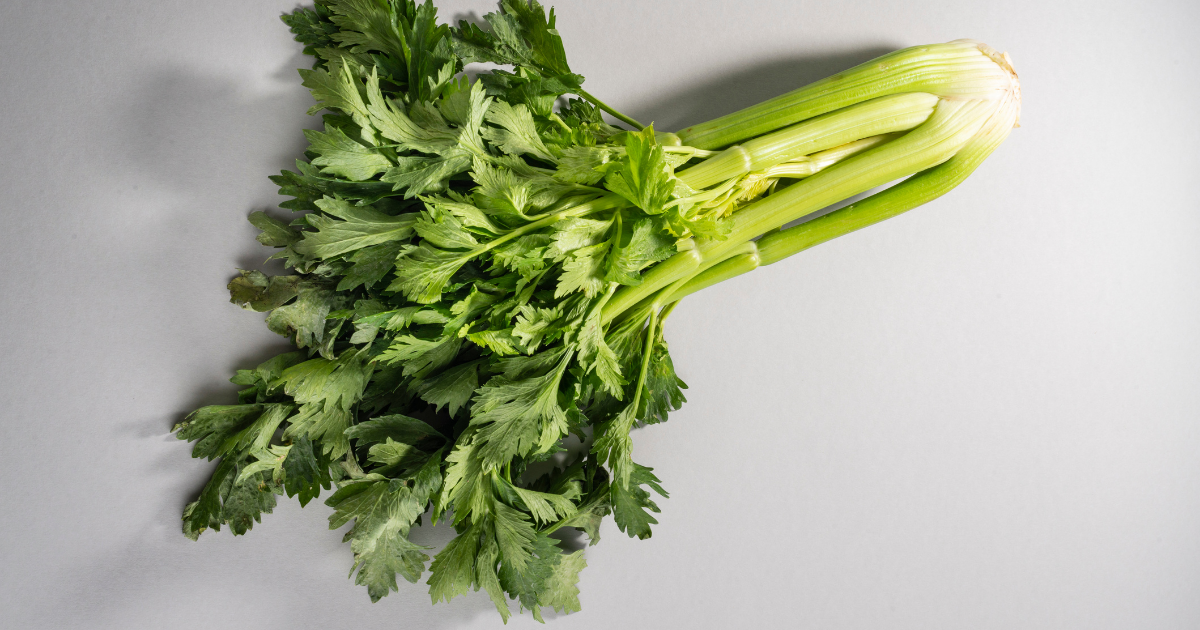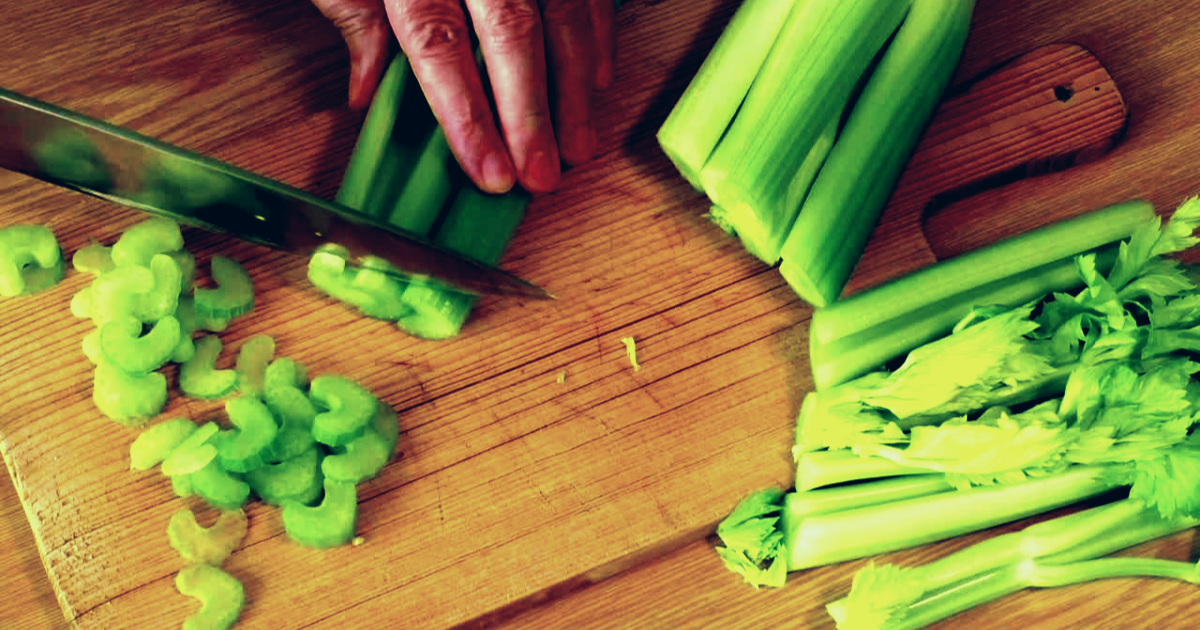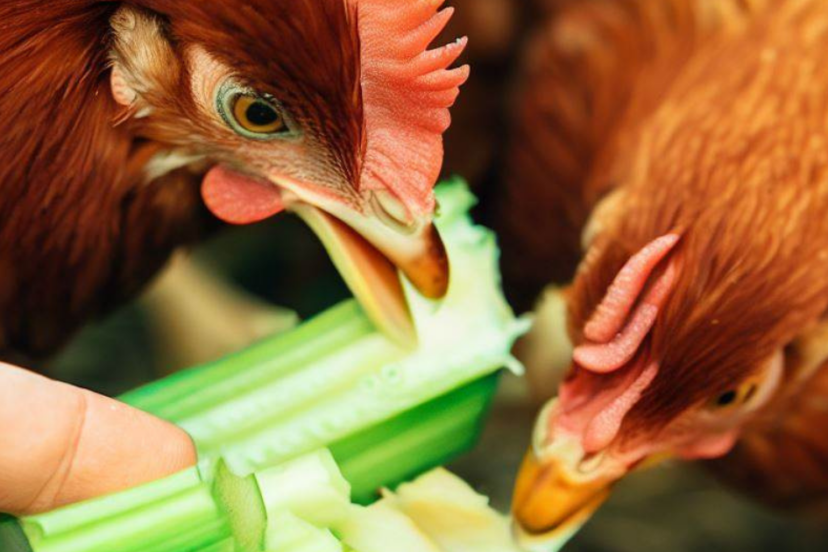Can Chickens Eat Celery? Lets Dive into the crunchy details!
Chickens are curious creatures, and as a poultry keepers , you might wonder, can chickens eat celery? It’s an intriguing question, and in this article, we’ll embark on a journey into the crunchy world of celery and explore whether it’s a safe and beneficial addition to your feathered friends’ diet.
Is Celery Safe for Chickens?
When considering whether to include celery in your chickens’ diet, it’s essential to take a closer look at its nutritional content. After all, just like us, chickens require a well-balanced diet to thrive. As a poultry enthusiast and advisor, I’m here to provide you with the scoop on celery’s nutritional profile.
Celery is renowned for being low in calories and high in fiber. It’s a crisp, refreshing vegetable that can be a delightful treat for chickens. However, let’s break down its nutritional components to understand better what it offers to our feathered friends. Chickens can eat most foods we consumer ranging from fruits including oranges, strawberries, blueberries to tomatoes, cucumbers, watermelons and even avocado, however key precautions need to be taken before introducing any of these foods to our feathery companions.
Risks and Precautions

While celery offers these benefits, it’s crucial to remember that moderation is key. Overindulgence can lead to digestive issues in chickens, and we want to avoid that. Therefore, when introducing celery into their diet, ensure it’s a treat rather than a main dish.
In conclusion, celery can be a valuable addition to your chickens’ diet. It’s a nutritious snack that can contribute to their overall well-being. However, it’s essential to exercise caution and offer celery in moderation. By doing so, you can keep your feathered companions healthy and happy while enjoying the nutritional perks of this crunchy delight.
Benefits of Feeding Celery to Chickens
Scientific study shows that Celery is rich in antioxidants and Vitamin C.
Vitamins and Minerals in Celery
Celery is more than just a crunchy snack; it’s a nutrient powerhouse. For chickens, it offers a host of essential vitamins and minerals that can significantly contribute to their well-being.
Vitamin K: One of the standout nutrients in celery is vitamin K. This vitamin plays a vital role in blood clotting, which can be crucial for chickens, especially if they experience minor injuries or scrapes. Ensuring they have sufficient vitamin K in their diet can aid in the healing process.
Vitamin C: Another key vitamin found in celery is vitamin C. This vitamin is well-known for its antioxidant properties, which help bolster the immune system. In the world of chickens, a robust immune system is essential for warding off diseases and ensuring overall health.
Potassium: Celery is also a source of potassium, a vital mineral. In chickens, potassium supports healthy muscles and nerves, enabling them to stay active and engaged in their daily activities.
Potential Health Advantages for Chickens

Now, let’s discuss the potential health advantages of feeding celery to your feathered friends:
1. Enhanced Immunity: The vitamin C in celery can help boost chickens’ immune systems, making them more resilient to common illnesses. This is especially important in maintaining a healthy flock.
2. Improved Blood Clotting: Vitamin K from celery can assist in blood clotting, which can be beneficial if chickens encounter minor injuries or scrapes in their coop or yard.
3. Muscle and Nerve Health: The potassium content in celery supports the proper functioning of muscles and nerves. For chickens, this means staying active, agile, and thriving in their environment.
It’s important to remember that while celery offers these health advantages, it should be fed in moderation. Treat celery as an occasional snack, not a primary food source, to ensure a balanced diet for your chickens.
In summary, celery isn’t just a tasty treat for chickens; it’s a source of essential vitamins and minerals that can contribute to their overall health. By incorporating celery into their diet in the right way, you can help your feathered companions stay happy, healthy, and pecking away with vigor.
Please provide more information in first person, seo, unique, copied from various sources, in plain English please on ”
Risks and Precautions: Can chickens eat celery
As someone who cares deeply about the well-being of poultry, it’s essential to understand the potential challenges that can arise when offering celery to your feathered companions.
Possible Issues with Celery Consumption
While celery can be a nutritious addition to your chickens’ diet, it’s not without its potential issues. Here are some considerations:
1. Digestive Discomfort: Celery, like many high-fiber foods, can be a bit tough on chickens’ digestive systems if consumed in excess. It may lead to digestive discomfort, including diarrhea or upset stomach.
2. Choking Hazard: Celery can be stringy and fibrous, posing a choking hazard if not prepared correctly. Always ensure you chop it into manageable, bite-sized pieces to reduce this risk.
3. Imbalance in Diet: Offering too much celery can lead to an imbalance in their diet. Chickens need a varied menu to get all the nutrients they require. Overindulging in celery might mean they miss out on other essential foods.
How to Feed Celery to Chickens: Can chickens eat celery

Serving Celery Safely
When it comes to serving celery to your chickens, safety should be a top priority. Here are some practical tips to ensure that they enjoy their celery treats without any issues:
1. Chop It Up: As mentioned earlier, chop celery into bite-sized pieces. This not only prevents choking but also makes it more accessible for chickens to peck at. You want to create a hassle-free dining experience for your feathered friends.
2. Fresh and Clean: Ensure that the celery you offer is fresh and clean. Rinse it thoroughly to remove any dirt or pesticides. Clean, crisp celery is not only safer but also more enticing for your chickens.
3. Supervise Introductions: When you introduce celery to your chickens for the first time, observe their reactions. Some chickens might be cautious about trying new foods. Be patient and give them time to adjust to this new treat.
Creative Ways to Incorporate Celery
Now, let’s get creative with celery! Here are some fun ideas for incorporating celery into your chickens’ diet:
1. Celery Kabobs: Thread small pieces of celery onto a string or wire to create “celery kabobs.” Hang them in the coop or run for your chickens to peck at. This not only provides a tasty treat but also some entertainment.
2. Celery and Grain Mix: Mix chopped celery with their regular grains or seeds. This adds a fresh crunch to their usual meal and encourages them to explore new textures.
3. Celery Stuffed with Treats: Hollow out celery stalks and stuff them with their favorite treats or grains. It’s like a surprise snack inside a crunchy shell.
4. Frozen Celery Treats: On hot days, freeze small pieces of celery and offer them as refreshing treats. Chickens love pecking at the icy crunch.
By getting creative with how you serve celery, you not only provide your chickens with a nutritious snack but also keep them engaged and entertained.
In conclusion, feeding celery to chickens can be both safe and fun. By following these practical tips and getting creative with how you offer celery, you can ensure your feathered friends enjoy this crunchy delight while staying happy and healthy.
Closing remarks: So Can chickens eat celery?
Summarizing the Key Points
We’ve journeyed through the intriguing world of celery and its potential place in your chickens’ diet. Here’s a quick recap of what we’ve covered:
Importance of a Balanced Diet: Chickens, like any living creatures, thrive on a balanced diet. Just as we need a variety of foods to stay healthy, so do our feathered companions.
Nutritional Content of Celery: Celery is a low-calorie, high-fiber vegetable packed with vitamins and minerals. Vitamin K, vitamin C, and potassium are among its valuable nutrients.
Benefits of Celery: Feeding celery to chickens can enhance their immunity, promote blood clotting, and support muscle and nerve health. Plus, it’s an engaging and refreshing snack for them.
Risks and Precautions: While celery has its merits, overindulgence can lead to digestive discomfort in chickens. To avoid this, moderation is key.
Creative Ways to Offer Celery: We’ve explored creative ways to serve celery safely, ensuring a delightful and enriching experience for your chickens.
Emphasizing the Importance of a Balanced Diet
In conclusion, the key takeaway here is the significance of a balanced diet for chickens. Just like us, they need a mix of nutrients to thrive. While celery can be a healthy and enjoyable treat, it’s essential to integrate it wisely into their diet.
A balanced diet not only keeps chickens healthy but also impacts their productivity and overall happiness. When your chickens are well-fed and content, they’ll reward you with delicious eggs, vibrant feathers, and lively personalities.
I encourage you to continue exploring different foods and treats to keep your feathered companions engaged and thriving. By striking the right balance in their diet, you’ll ensure their well-being and enjoy the delightful company of your chickens for years to come.
FAQs (Frequently Asked Questions)
1. Can chickens eat celery leaves?
Yes, chickens can enjoy celery leaves, just like the stalks. It’s all part of the celery plant and provides similar nutrients.
2. What other vegetables can chickens enjoy?
Chickens can also relish vegetables like lettuce, cucumbers, and carrots. Just remember to introduce new foods gradually.
3. How much celery should I give my chickens?
A few small pieces of celery per chicken, a couple of times a week, should suffice.
4. Are there any vegetables I should avoid feeding chickens?
While most vegetables are safe, avoid giving them onions, garlic, and potatoes as these can be harmful to chickens.
5. Can chickens eat celery every day?
It’s best not to offer celery every day. Rotate it with other vegetables to maintain a balanced diet for your chickens.
Now you’re well-equipped to treat your chickens to some celery, all while keeping their health and happiness in mind. Enjoy your feathered companions and their crunchy culinary adventures
*We may earn a commission from purchases made through our links, at no cost to you. This does not affect our product recommendations. Please see our disclosure to learn more.




